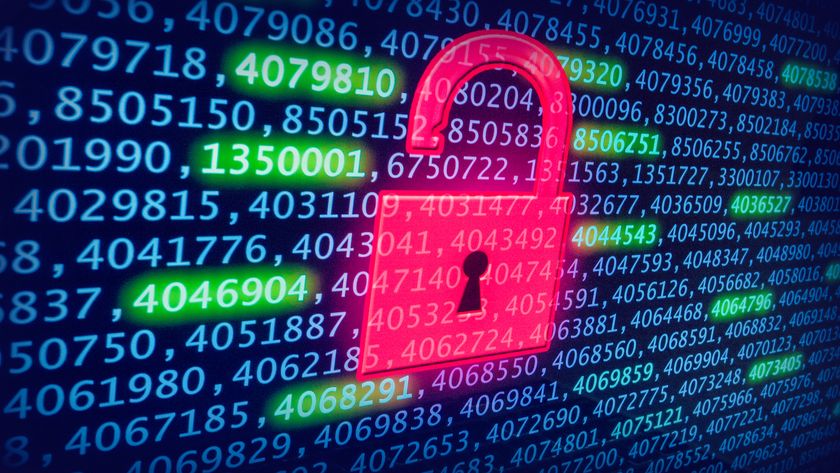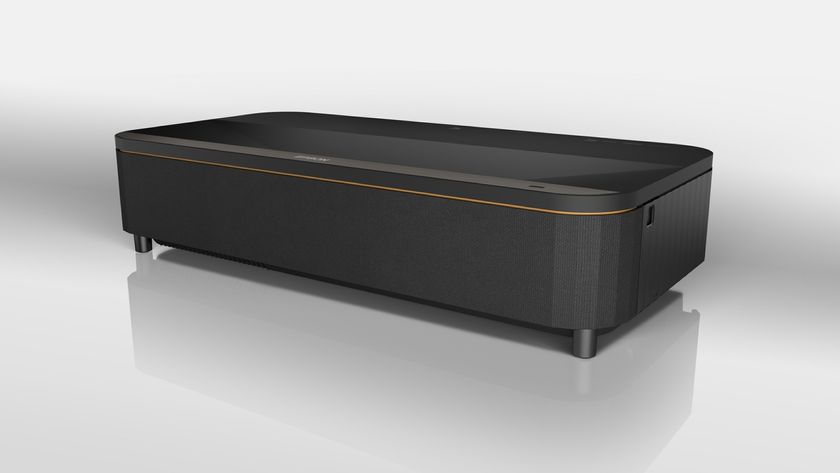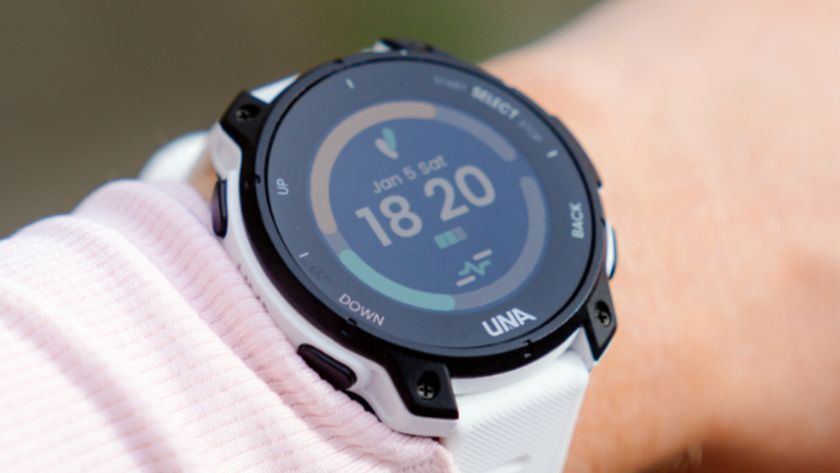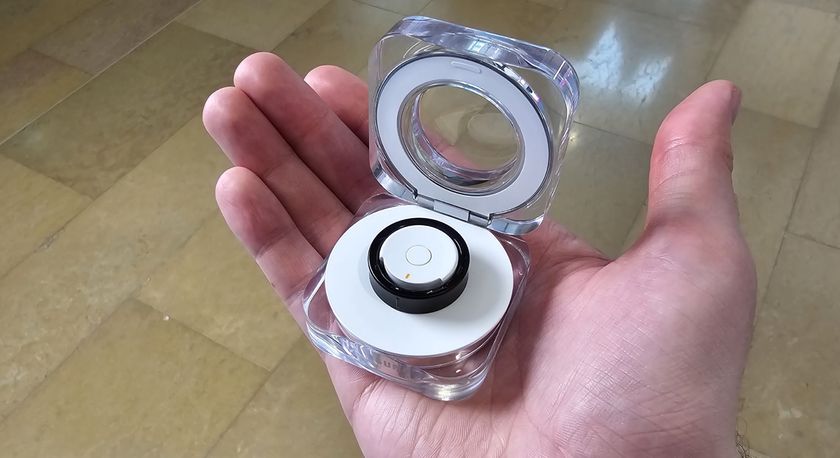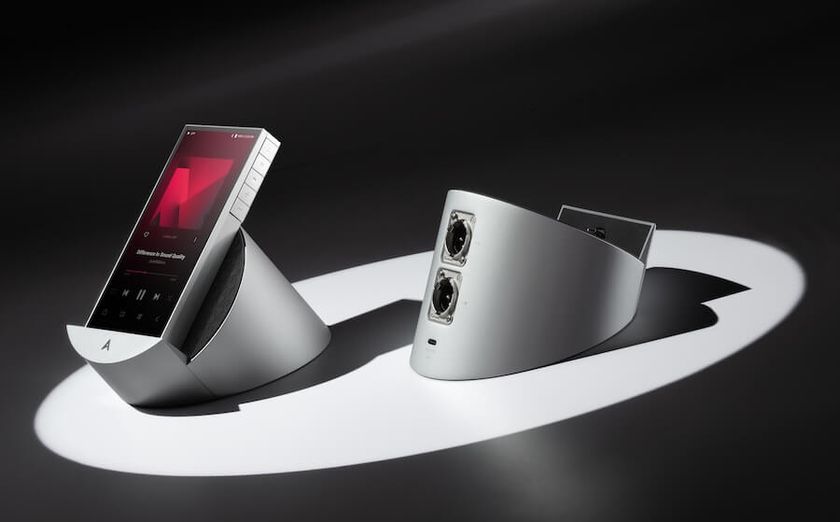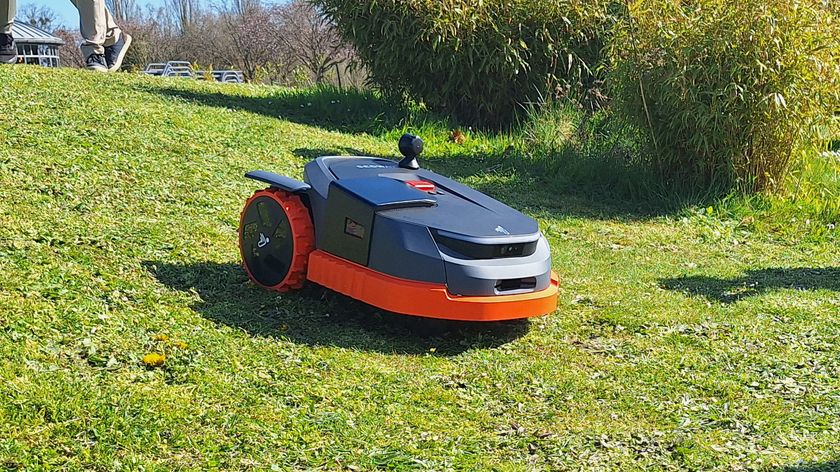Nearly half of UK workers are being spied on by employers
Monitoring software is becoming more widely-used
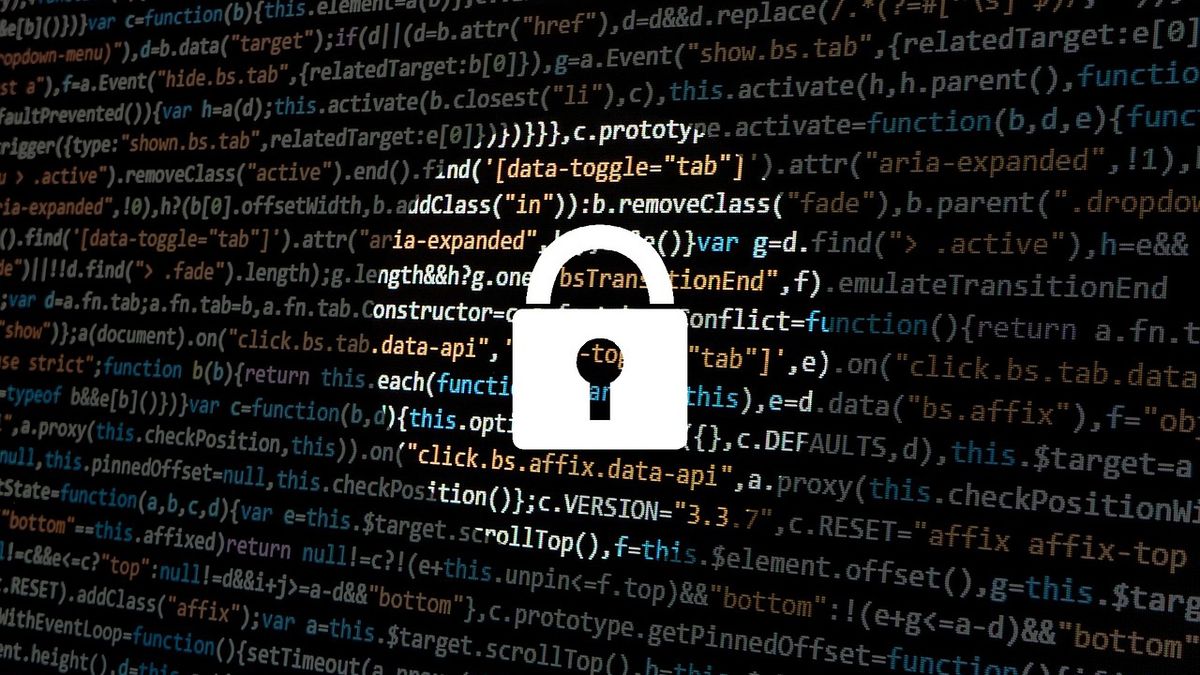
Almost half of the remote workers in the UK say they have had surveillance software installed on their work devices, raising concerns over trust and invasion of privacy.
A new report from Kaspersky, that polled 2,000 UK workers found that with the proliferation in remote working (as 60% of those surveyed are now in a telecommuting setup), employers have become more inclined to install surveillance software on work devices.
The survey found email monitoring (16%), internet and app usage trackers (15%), or phone use monitors (12%) were the most common tools used, with 9% of employers even installing location tracking software.
- Here’s our list of the best malware removal software right now
- We’ve built a list of the best endpoint protection on the market
- Check out our list of the best firewalls available
More than a third (34%) of workers said employer monitoring rose in the past year. While a quarter (24%) didn’t see any negative effects to this monitoring, a third (32%) became less trusting of their leaders. A quarter (23%) were worried about potential access to personal information, with almost a third (30%) concerned about a possible invasion of privacy.
BYOD and Shadow IT
Unsurprisingly, much of this did not sit well with the workers - who in order to keep their day-to-day activities away from prying eyes, have started using their own devices for work.
Nearly a third (31%) of those polled reported doing so, but many are using unsolicited software, colloquially called Shadow IT, on their devices, placing their organization’s security at risk.
Some would be happy to raise a formal complaint, should they be tracked, and a quarter (24%) would consider changing jobs.
Are you a pro? Subscribe to our newsletter
Sign up to the TechRadar Pro newsletter to get all the top news, opinion, features and guidance your business needs to succeed!
In contrast to the majority of the report, Kaspersky has found that a significant majority of managers (80%) said they trusted their staff to work effectively from home. Employees, on the other hand, don’t share the same sentiment, as just above half (54%) said they felt trusted.
For David Emm, Principal Security Researcher as Kaspersky, installing monitoring tools makes sense as leaders “can’t recapture the same office-based levels of accountability otherwise”.
“However, there is likely to be a tipping point for many workers, and this study has already shown that if businesses go too far, employees may take their entire at-home activities off the corporate radar.”
Leaders are thus forced to dance a thin line between accountability and cybersecurity, as going off-grid brings with it many security risks, Emm explains.
“Employees working on their own devices creates shadow IT, which presents an immense risk to businesses. With more than 90% of all cyber breaches caused by human error, companies must have complete oversight of how their IT systems and hardware are being used by remote workforces, and so must carefully balance their monitoring activities.”
- Here’s our rundown of the best antivirus out there
Sead is a seasoned freelance journalist based in Sarajevo, Bosnia and Herzegovina. He writes about IT (cloud, IoT, 5G, VPN) and cybersecurity (ransomware, data breaches, laws and regulations). In his career, spanning more than a decade, he’s written for numerous media outlets, including Al Jazeera Balkans. He’s also held several modules on content writing for Represent Communications.

